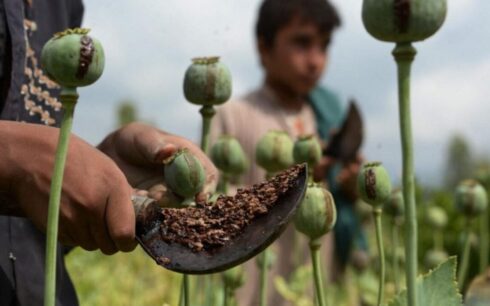The Food and Agriculture Organization (FAO) of the United Nations has issued an appeal for $1.8 billion in funding to address the escalating global food crisis, aiming to assist 43 million people in 2024.
The announcement comes within the framework of the Humanitarian Response Plans as part of the United Nations’ broader appeal, encompassing 72 countries affected by crises.
FAO’s call for funding is a response to the persistent rise in acute hunger worldwide, exacerbated by factors such as armed conflicts, economic shocks, climate extremes, poverty, and inequality.
Based on figures, FAO required $252.4 million to assist 8 million people in Afghanistan in 2023.
FAO Deputy Director-General Beth Bechdol underscored the life-saving and cost-effective nature of emergency agriculture interventions, emphasizing the urgency of securing funding to address the growing global food crisis.
The organization emphasizes the urgency of supporting emergency agriculture interventions, as two-thirds of those facing acute food insecurity rely on agriculture for survival.
While unveiling the appeal, FAO highlighted that only 4 percent of total humanitarian funding allocated to food sectors goes to emergency agriculture assistance.
The organization stressed the efficiency of such interventions in enabling people to produce their own food, considering it a critical strategy to meet humanitarian needs effectively.
The global outlook for 2024 indicates that food crises will continue to dominate, with expected funding squeezes and the compounding effects of climate-driven extreme weather events and escalating conflicts. FAO anticipates increased demand for assistance, putting more people at risk of hunger.
In reviewing FAO’s response in 2023, despite funding cuts, the organization assisted over 30 million people facing food crises. Emergency crop and vegetable production support, costing $598 million, enabled 23 million people in 29 countries to grow their own food, demonstrating a significant return on investment.
FAO stressed the measurable impact of funding emergency agricultural interventions at scale, citing examples from Afghanistan and Sudan.





